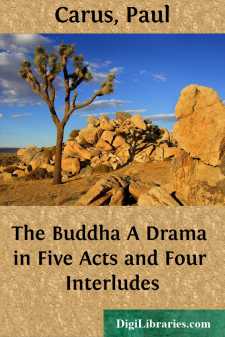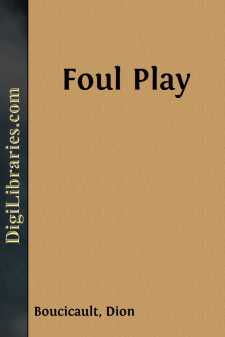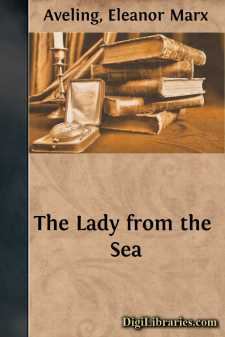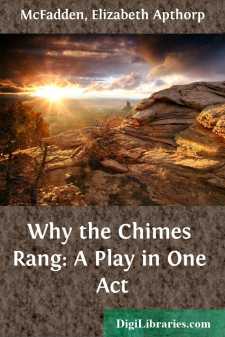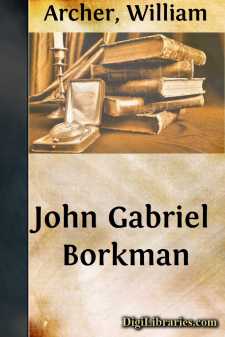Categories
- Antiques & Collectibles 13
- Architecture 36
- Art 48
- Bibles 22
- Biography & Autobiography 813
- Body, Mind & Spirit 142
- Business & Economics 28
- Children's Books 15
- Children's Fiction 12
- Computers 4
- Cooking 94
- Crafts & Hobbies 4
- Drama 346
- Education 46
- Family & Relationships 57
- Fiction 11829
- Games 19
- Gardening 17
- Health & Fitness 34
- History 1377
- House & Home 1
- Humor 147
- Juvenile Fiction 1873
- Juvenile Nonfiction 202
- Language Arts & Disciplines 88
- Law 16
- Literary Collections 686
- Literary Criticism 179
- Mathematics 13
- Medical 41
- Music 40
- Nature 179
- Non-Classifiable 1768
- Performing Arts 7
- Periodicals 1453
- Philosophy 64
- Photography 2
- Poetry 896
- Political Science 203
- Psychology 42
- Reference 154
- Religion 513
- Science 126
- Self-Help 84
- Social Science 81
- Sports & Recreation 34
- Study Aids 3
- Technology & Engineering 59
- Transportation 23
- Travel 463
- True Crime 29
The Buddha A Drama in Five Acts and Four Interludes
by: Paul Carus
Description:
Excerpt
ACT I.
[A tropical garden in Kapilavatthu, in the background mountains, at a distance the snow-capped peaks of the Himalayas. On the right near the front a marble bench surrounded with bushes. Further back the palace entrance of the Raja's residence. Above the entrance a balcony. On the left a fortified gate with a guard house; all built luxuriously in antique Indian style.]
Present: Suddhodana, the king (S); Pajapati, the queen (P), and the minister of state Visakha (V).
S. My son Siddhattha truly loves his wife,
And since their wedlock has been blessed by this
Sweet, promising, this hale and healthy child,
His melancholy will give way to joy,
And we reclaim his noble energies
To do good service for our race and state.
New int'rests and new duties give new courage
And thus this babe will prove his father's saviour
For he will tie his soul to life again.
P. I fear his grief lies deeper than you think.
S. What sayest thou, my trusty counselor?
V. This is the last hope which I have for him,
I followed your advice and tried all means
To cure Siddhattha of his pensive mood.
I taught him all that will appeal to man:
The sports of youth, the joy of poetry
And art, the grandeur of our ancient lore,
The pleasures e'en of wanton sense; but naught
Would satisfy the yearnings of his heart.
S. Yet for religion he shows interest:
He ponders on the problems of the world.
V. Indeed he ponders on life's meaning much,
Investigates the origin of things
But irreligious are his ways of thought.
He shows no reverence for Issara,
And Indra is to him a fairy tale.
He grudgeth to the gods a sacrifice
And sheddeth tears at immolated lambs.
Oh no! he's not religious. If he were,
His ills could easily be cured by faith,
By confidence in Issara, the Lord.
S. What then is your opinion of the case?
V. Siddhattha is a youth of rarest worth,
And he surpasseth men in every virtue
Except in one.—He is too independent:
He recognizeth no authority,
Neither of men nor gods. He suffereth
[More and more impressively]
From the incurable disease of thought.
S. Cure thought with thought, teach him philosophy,
Show him the purpose of our holy writ.
Instruct him in the meaning of the Vedas,
Reveal to him their esoteric sense.
V. My lord, I did, but he is critical,
He makes objections and will not believe.
He raises questions which I cannot answer,
And his conclusions are most dangerous.
P. It seems to me that you exaggerate;
Siddhattha is not dangerous. He is
As gentle as my sister was, his mother,
And almost overkind to every one.
V. I know, my gracious lady, but e'en kindness
May harmful be, if it is out of place.
S. I see no danger in his gentle nature.
V. But he lacks strength, decision, warlike spirit.
S. That cometh with maturer years.
V.I doubt it:
Your son, my Lord, not only hath no faith
In holy writ, neither does he believe
In caste-distinction, and he would upset
The sanctioned order of our institutions.
He would abolish sacrifice and holdeth
The Brahman ritual in deep contempt.
S. Your words alarm me.
V.Rightly so; I fear
That he will stir the people to rebellion;
But since a child is born to him, his mind
May turn from dreams to practical affairs.
There are some men who care not for themselves,
Who scorn high caste, position, wealth and honor,
So far as they themselves may be concerned,
But they are anxious for their children's fortune,
And so Siddhattha soon may change his views.
S. Let us be patient for a while yet longer.
Keep everything unpleasant out of sight,
Invite him merry company. Remove
His gloomy cousin Devadatta. He tries
To reach a state of bliss by fasts,
His very play is penance and contrition.
P. Ananda is a better boon companion,
He is not so morose as Devadatta.
S. Neither is he the right friend for my son.
I grant he has a loving disposition,
But he is pensive too. Surround Siddhattha
With lads such as the gardner's jolly son,
Kala Udayin. Like a lark he warbles!
Would there were more like him. He jokes and laughs
And never makes a sullen face. But tell me
How is to-day Kala Udayin's father...?


